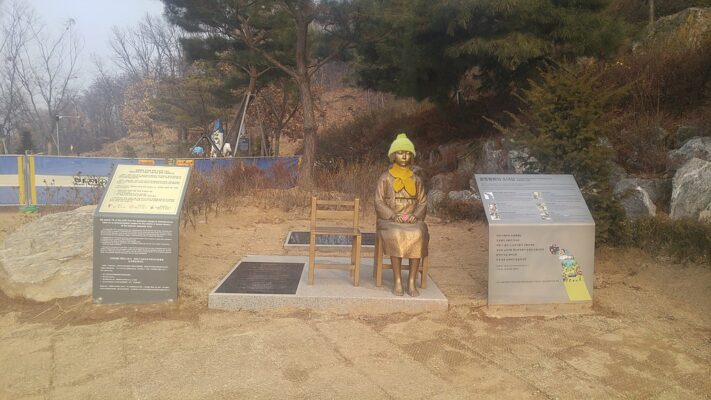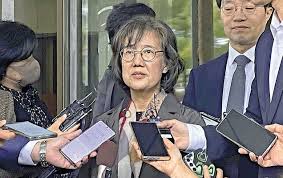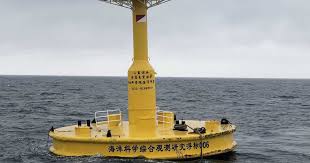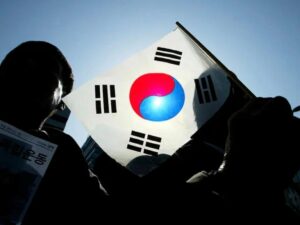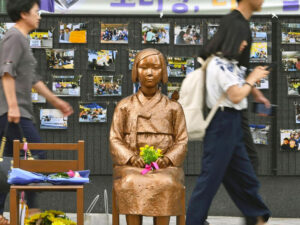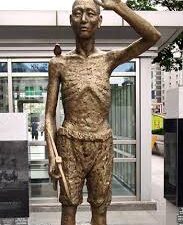The Yomiuri Shimbun Seoul=Kazuki Koike
The Supreme Court of the Republic of Korea issued two rulings related to Japan on March 26. Both rulings were made in the first and second instance to pander to public opinion in South Korea, which is harsh toward Japan, but the Supreme Court showed its calm judgment on the day. The court said, “The correct decision was reached. I am proud that so many people have correctly understood and supported my intentions for so long.”
Author Park Yuha expressed his relief after the appeals court reversed his conviction in the appeal trial over his academic book “Imperial Comfort Women,” which examined the comfort women issue.
In this trial, the first instance court ruled that the prosecution’s claim of defamation was not established, but in October 2017, the Seoul High Court ruled that the expressions in the book were “false” based on the Kumaraswamy Report, which was adopted by the UN Human Rights Committee in 1996 and clearly stated that comfort women were “sex slaves” who were forcibly taken by the former Japanese military, The court reversed the verdict.
The Supreme Court, in its first judicial decision in six years since the Seoul High Court’s decision, reversed the High Court decision, stating “the purpose of the acquittal” in an overbearing manner.
In a lawsuit over Buddhist statues stolen from Kannon-ji Temple in Tsushima City, Nagasaki Prefecture, the Grand Court found that ownership of the statues belonged to Kannon-ji Temple, clearing the way for their return 11 years after they were stolen. According to Korean media, there is some opposition to the ruling in the Korean Buddhist community, but the Yun Sook-yeol administration, which is working to improve relations between the two countries, is expected to begin procedures for the early return of the Buddha image.
The taboo against criticism has been broken…Hideki Okuzono, Professor of Contemporary Korean Politics and Diplomacy at the University of Shizuoka, Japan
South Korean courts tend to make decisions based on the wishes of the regime and public sentiment. Domestic conditions may have had no small influence on the harsh decisions made in 2017 against Japan in the “Imperial Comfort Women” trial and the stolen Buddhist statue lawsuits. At the time, conservative President Park Geun-hye was removed from office on impeachment charges and the leftist Moon Jae-in administration came to power amid national fervor. The Moon administration attacked pro-Japanese and conservatives as vested interests and claimed to be liquidating “accumulated evil.
From the Japanese point of view, the two Grand Court decisions are dispassionate. However, the characteristic of the Korean judiciary, which is swayed by the power of the moment and public sentiment, will not change in the future. The political conflict between conservatives and leftists is intense, and there is a similar conflict within the judicial branch.
The “Imperial Comfort Women” trial may have been influenced by changes in Korean society regarding the comfort women issue. In the past, support groups for former comfort women held enormous power and criticism was taboo. However, the sanctuary has been shattered in recent years with the conviction of the head of the support group for misappropriation of subsidies.
